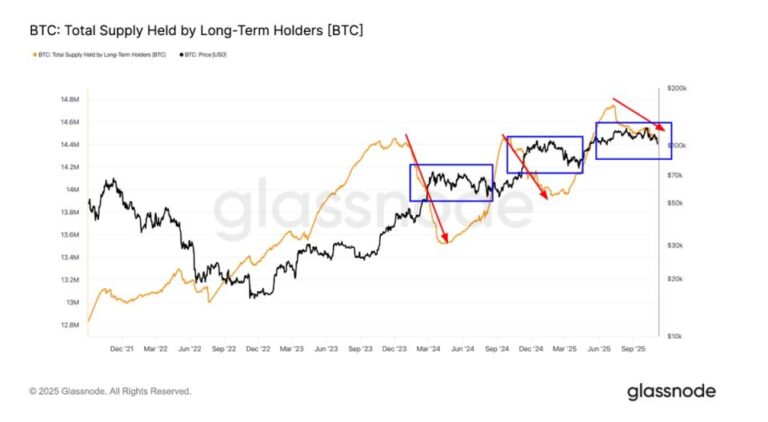Understanding Automated Market Makers
Automated Market Makers (AMMs) represent a revolutionary advancement in the landscape of decentralized finance (DeFi). Unlike traditional exchanges that rely on order books and market makers to facilitate trading, AMMs utilize smart contracts to create liquidity pools, enabling users to trade assets directly from these pools. This mechanism significantly enhances the accessibility and efficiency of trading in decentralized exchanges (DEXs).
The Basics of Uniswap
Uniswap, one of the most prominent AMM platforms, operates on the Ethereum blockchain. Launched in 2018, Uniswap allows users to swap various ERC-20 tokens without the need for intermediaries. The protocol is designed to provide liquidity to the trading pairs by incentivizing users to contribute their assets to liquidity pools. This decentralized model not only democratizes access to trading but also reduces the reliance on centralized entities, thus enhancing security and transparency.
How AMMs Function in Uniswap
In Uniswap, liquidity providers (LPs) supply equal values of two tokens to a liquidity pool. For example, if someone wants to create a pool for ETH and DAI, they would need to deposit an equivalent value of both tokens. In return for providing liquidity, LPs earn a share of the trading fees generated from swaps executed within the pool. This fee distribution model encourages individuals to contribute their assets, thereby increasing the overall liquidity available for trading on the platform.
Uniswap operates on a pricing algorithm known as the constant product formula, which maintains that the product of the two token reserves must always remain constant. This unique mechanism ensures that as traders buy and sell tokens, the price adjusts automatically based on supply and demand, eliminating the need for external price feeds.
The Impact of Liquidity on Trading
The liquidity provided by AMMs like Uniswap is crucial for the efficiency of trading. High liquidity reduces slippage—the difference between the expected price of a trade and the actual price—making it easier for traders to execute large orders without significantly impacting the market price. This is particularly important for traders looking to enter or exit positions swiftly, as it ensures that they can do so at competitive prices.
Moreover, liquidity depth affects the overall user experience on the platform. A well-funded liquidity pool can accommodate larger trades without drastic price changes, which is essential for maintaining a healthy trading environment. As a result, the success of Uniswap and similar AMMs hinges on attracting and retaining liquidity providers.
Risks and Challenges
While AMMs like Uniswap have transformed the trading landscape, they are not without risks. One of the most significant challenges is impermanent loss, which occurs when the price of tokens in a liquidity pool diverges from their original value. This loss can deter potential LPs, as they may fear losing a portion of their investment due to price fluctuations.
Additionally, the decentralized nature of Uniswap means that it is susceptible to smart contract vulnerabilities and exploits. Users must be cautious and conduct thorough research before interacting with any DeFi protocols, as the lack of regulation can increase the potential for scams and malicious attacks.
The Future of Uniswap and AMMs
As the DeFi ecosystem continues to evolve, Uniswap and its AMM model are likely to play a pivotal role in shaping the future of decentralized trading. Innovations such as layer-2 scaling solutions aim to address issues related to transaction fees and speed, making trading even more accessible to users. Furthermore, the introduction of governance tokens allows the community to influence the development of the protocol, fostering a sense of ownership among participants.
In summary, Automated Market Makers in Uniswap have introduced a new paradigm for trading that prioritizes decentralization, accessibility, and efficiency. As the landscape of DeFi continues to mature, the role of AMMs will undoubtedly expand, offering exciting opportunities for traders and liquidity providers alike.

